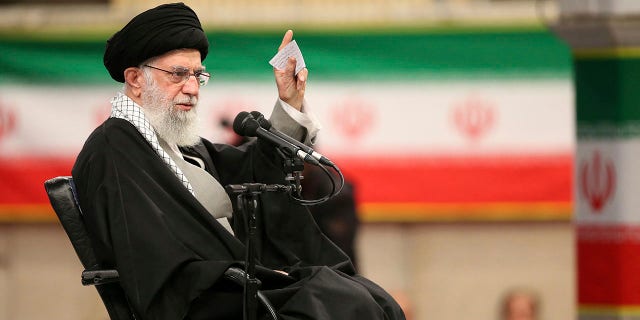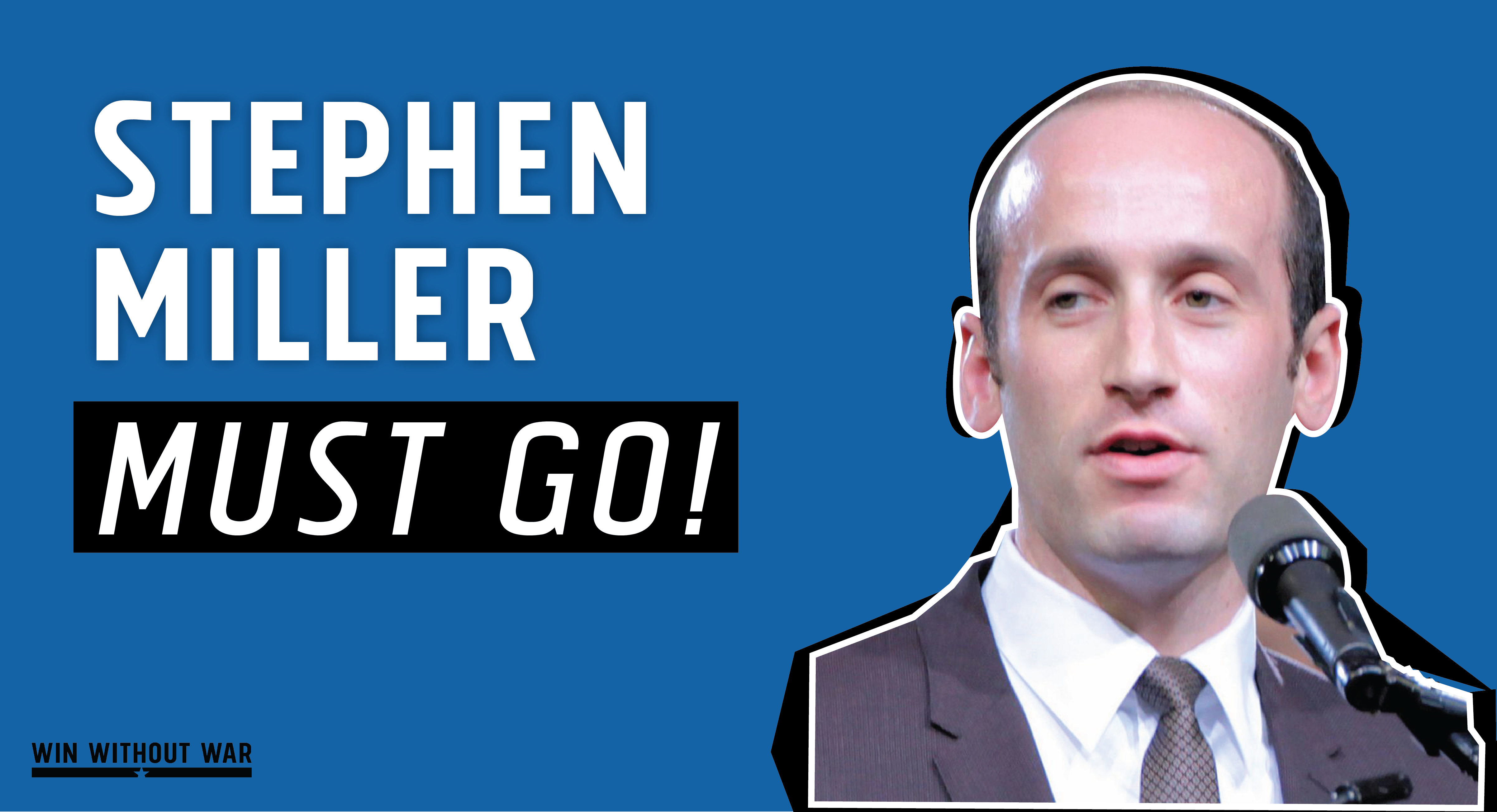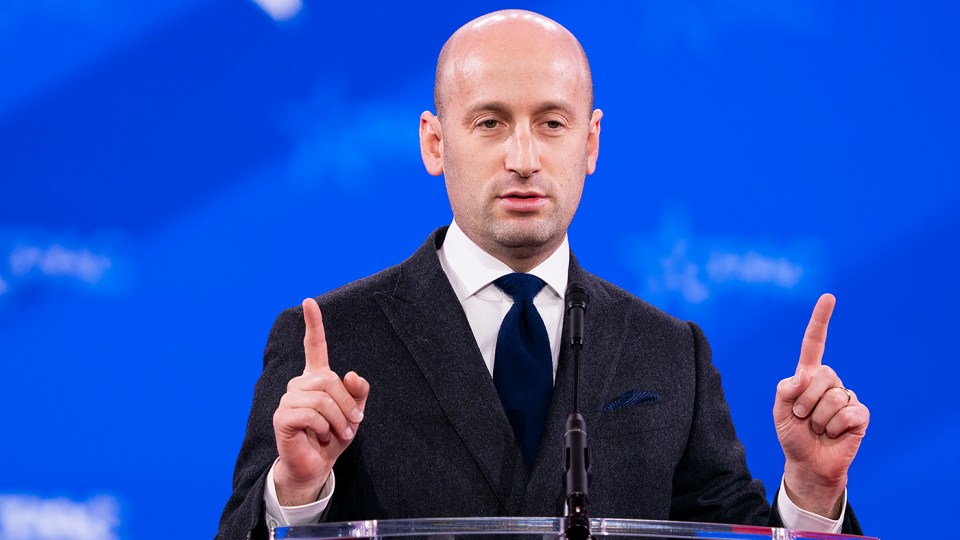Analyzing Trump's Middle East Visit: Impact On Arab-Israeli Relations

Table of Contents
The tumultuous history of Arab-Israeli relations reached another pivotal moment with President Trump's highly anticipated Middle East visit. Years of strained relations, punctuated by conflict and failed peace negotiations, had set the stage for a visit brimming with both hope and apprehension. This article analyzes Trump's Middle East Visit: Impact on Arab-Israeli Relations, examining the key proposals, reactions, and potential long-term implications for the region. We will delve into the "Deal of the Century," economic initiatives, security cooperation, and the shifting geopolitical landscape.
<h2>Trump's Negotiation Strategies and Their Reception</h2>
<h3>The "Deal of the Century" and its proposed elements</h3>
The centerpiece of Trump's Middle East policy was the "Deal of the Century," a comprehensive plan aimed at resolving the Israeli-Palestinian conflict. Its core components aimed to achieve a lasting peace agreement, but its specific proposals generated considerable controversy.
- Jerusalem Status: The plan proposed a compromise on Jerusalem, a highly sensitive issue for both Israelis and Palestinians. Details varied, but the core was about a shared capital or a form of divided sovereignty.
- Palestinian Statehood: While advocating for a Palestinian state, the plan outlined borders significantly different from pre-1967 lines, a key point of contention for the Palestinians.
- Security Arrangements: The plan addressed security concerns, with proposed frameworks for border security and demilitarization zones.
Analysis: The "Deal of the Century" faced criticism for its perceived bias towards Israel and its failure to address key Palestinian demands, such as the right of return for refugees. Its feasibility was questioned due to the deep-seated mistrust between both sides and the lack of consensus amongst key players. Keywords: Deal of the Century, Trump Middle East Plan, Palestinian State, Jerusalem Status, Border Negotiations.
<h3>Reactions from Key Players (Israel, Palestine, Arab League)</h3>
Reactions to Trump's proposals were sharply divided.
- Israel: The Israeli government, under Prime Minister Netanyahu, largely welcomed the plan, viewing it as a favorable framework for achieving lasting peace on its terms.
- Palestine: The Palestinian Authority, led by Mahmoud Abbas, rejected the plan outright, deeming it unacceptable and biased. They refused to engage in negotiations based on its principles.
- Arab League: The Arab League's response was mixed, with some members expressing reservations about the plan's fairness, while others remained cautiously optimistic.
Analysis: The rejection by the Palestinians, a key stakeholder in any peace process, signaled a major obstacle to the plan's implementation. The lack of a unified Arab stance further complicated matters, highlighting the deep divisions within the region. Keywords: Israeli-Palestinian peace process, Arab League, Netanyahu, Abbas, Reactions to Trump's plan.
<h2>Economic and Security Aspects of the Visit</h2>
<h3>Economic Initiatives and Investment Pledges</h3>
Trump's visit included pledges of significant economic investment in the region, often framed as incentives for peace. The focus was on promoting economic development and regional cooperation.
- Investment in Infrastructure: Promises were made for investment in infrastructure projects, such as transportation and energy, to improve the economic prospects of the region.
- Business Deals: Several business deals and agreements were struck between companies, further stimulating economic activity.
Analysis: While the economic initiatives offered potential for regional development, their impact on fostering peace remains debatable. The effectiveness hinges on proper implementation and how these economic benefits are shared amongst different actors. Keywords: Economic incentives, Middle East investment, Economic peace, Regional development.
<h3>Security Cooperation and Counter-terrorism efforts</h3>
The visit also touched upon security concerns, including counter-terrorism efforts.
- Intelligence Sharing: Agreements on enhanced intelligence sharing between various regional countries were reached.
- Joint Military Exercises: Several joint military exercises were planned to strengthen regional counter-terrorism cooperation.
Analysis: Security cooperation is crucial for regional stability. However, the effectiveness of these efforts depends on the degree of trust and cooperation between the involved countries. Keywords: Counter-terrorism, Regional security, Military cooperation, Intelligence sharing.
<h2>Long-Term Implications for Arab-Israeli Relations</h2>
<h3>Potential for lasting peace or further escalation</h3>
Trump's Middle East visit had the potential to either facilitate a path towards lasting peace or exacerbate existing tensions.
- Positive Scenario: Successful implementation of economic initiatives and increased regional cooperation could lead to decreased tensions and improved relations.
- Negative Scenario: The continued rejection of Trump’s peace proposals could lead to further escalation, including renewed violence and an increase in instability.
Analysis: The probability of either scenario hinges on a number of factors, including the willingness of all stakeholders to compromise and the extent to which regional power dynamics shift. Keywords: Peace prospects, Regional stability, Conflict escalation, Future of Arab-Israeli relations.
<h3>Shifting Regional Alliances and Power Dynamics</h3>
Trump's visit may have subtly, or not so subtly, shifted existing regional alliances and power dynamics.
- Changes in Relationships: The visit led to some strengthening of ties between certain countries while creating new points of friction between others.
Analysis: These shifts in alliances have significant implications for future negotiations, regional stability, and the overall balance of power. Keywords: Regional alliances, Power dynamics, Geopolitics, Middle East politics.
<h2>Conclusion: Analyzing Trump's Middle East Visit: Lasting Impact on Arab-Israeli Relations</h2>
Trump's Middle East visit, centered around the "Deal of the Century," generated significant responses from various stakeholders, ranging from cautious optimism to outright rejection. The visit's economic and security initiatives, while potentially beneficial, were unable to overcome deep-seated mistrust and divisions. The long-term implications for Arab-Israeli relations remain uncertain, with the potential for both lasting peace and further conflict. The success or failure of efforts to resolve the conflict depends critically on the willingness of involved parties to engage in genuine dialogue and compromise. To further understand the complexities of Trump's Middle East Visit: Impact on Arab-Israeli Relations, we encourage you to explore additional resources such as academic journals, think tank reports, and news analyses focusing on the Israeli-Palestinian conflict.

Featured Posts
-
 Is Taylor Swifts Reputation Taylors Version Finally Coming A Look At The Recent Teaser
May 18, 2025
Is Taylor Swifts Reputation Taylors Version Finally Coming A Look At The Recent Teaser
May 18, 2025 -
 The Hard Truths Facing Universities Financial Instability And Its Impact
May 18, 2025
The Hard Truths Facing Universities Financial Instability And Its Impact
May 18, 2025 -
 Swift Takes Legal Action Kanye Wests Explicit Lyrics Face Court Challenge
May 18, 2025
Swift Takes Legal Action Kanye Wests Explicit Lyrics Face Court Challenge
May 18, 2025 -
 Maneskins Damiano Davids Jimmy Kimmel Live Performance A Recap
May 18, 2025
Maneskins Damiano Davids Jimmy Kimmel Live Performance A Recap
May 18, 2025 -
 White Lotus Fan Theories Walton Goggins Snl Monologue
May 18, 2025
White Lotus Fan Theories Walton Goggins Snl Monologue
May 18, 2025
Latest Posts
-
 Is Stephen Miller The Right Choice For A National Security Position
May 18, 2025
Is Stephen Miller The Right Choice For A National Security Position
May 18, 2025 -
 The Stephen Miller Nsa Speculation A Closer Look
May 18, 2025
The Stephen Miller Nsa Speculation A Closer Look
May 18, 2025 -
 Will Stephen Miller Be Trumps Choice For National Security Advisor
May 18, 2025
Will Stephen Miller Be Trumps Choice For National Security Advisor
May 18, 2025 -
 New Jersey Mikes Subs Restaurant Opens In Galesburg
May 18, 2025
New Jersey Mikes Subs Restaurant Opens In Galesburg
May 18, 2025 -
 Stephen Miller From Trump Aide To Potential Nsa Director
May 18, 2025
Stephen Miller From Trump Aide To Potential Nsa Director
May 18, 2025
